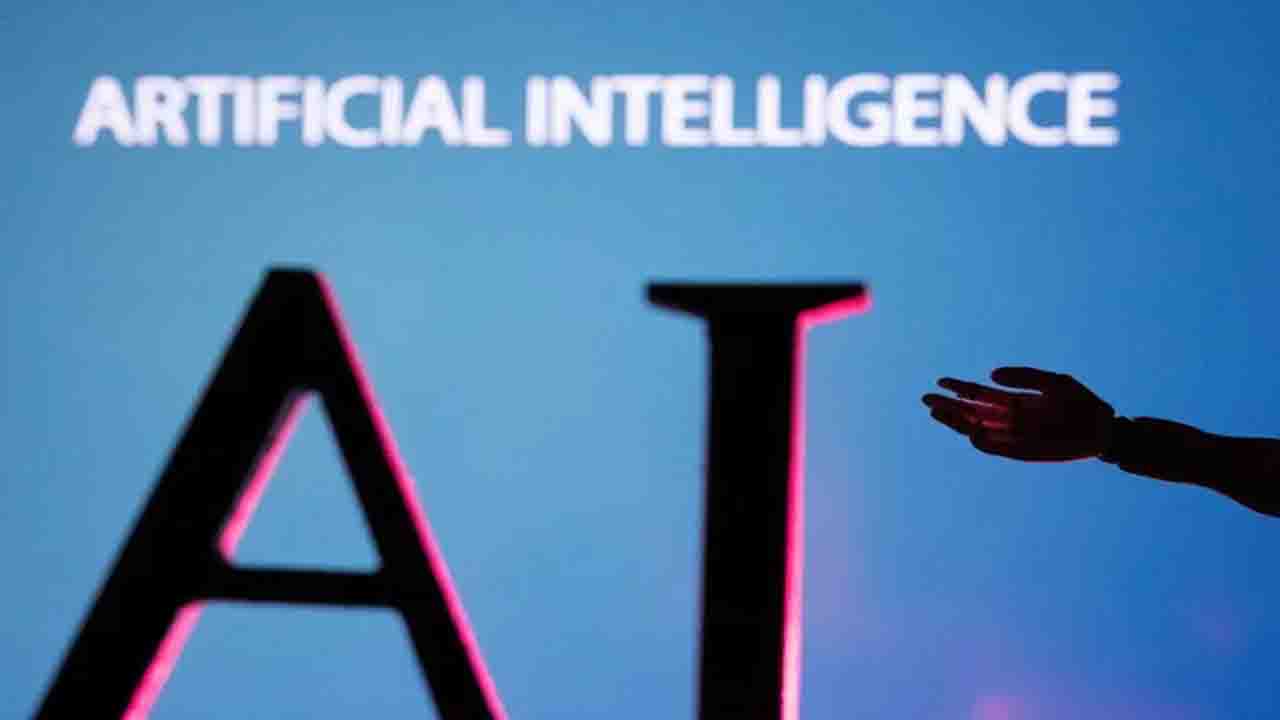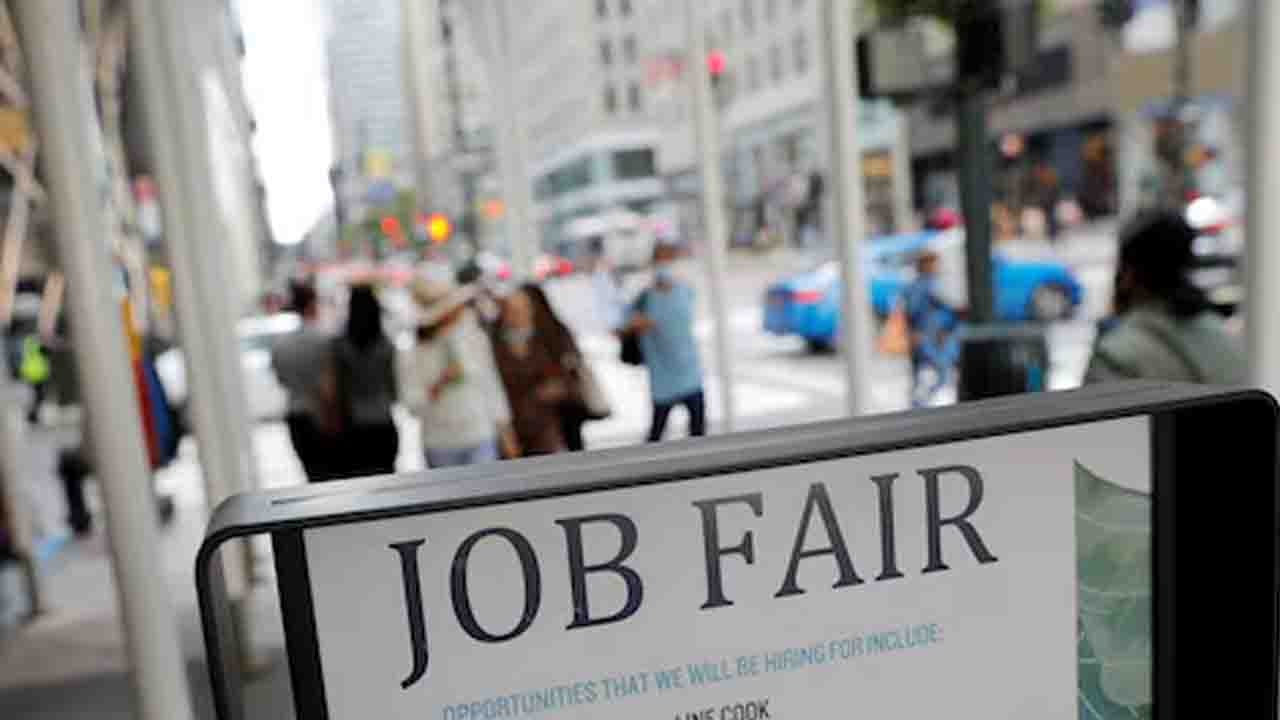A new survey from the Federal Reserve Bank of New York reveals that artificial intelligence (AI) is reshaping the hiring landscape in the New York-Northern New Jersey region, particularly among service firms, though it has led to few layoffs. Conducted in August 2025 with approximately 300 executives, the study highlights a cautious approach to workforce changes as businesses increasingly adopt AI technologies. While hiring has slowed for certain roles, especially those requiring college degrees, companies are prioritizing retraining existing employees over cutting jobs, signaling a nuanced impact on the labor market.
Rising AI Adoption Across Industries
The survey underscores a significant uptick in AI adoption in the region. Among service firms, 40% reported using AI in 2025, a sharp rise from 25% the previous year. An additional 44% anticipate integrating AI within the next six months. Manufacturing firms are also embracing the technology, with 26% currently using AI—up from 16% in 2024—and a third planning to adopt it soon. Common applications include marketing, business analytics, customer service, data management, accounting, and computer programming, reflecting AI’s versatility in automating tasks traditionally performed by white-collar workers.
Hiring Slowdown Concentrated in Skilled Roles
AI’s influence on hiring is evident, particularly in roles requiring higher education. Approximately 14% of service firms in the region have either reduced hiring or plan to do so within the next six months due to AI implementation. Specifically, 12% of AI-using service firms (equating to 5% of all service companies) reported hiring fewer workers in the past six months, while 23% of AI adopters (9% of all service firms) expect to scale back hiring in the near future. In manufacturing, no firms reported reduced hiring in recent months, but 10% anticipate doing so in the coming months.
The hiring slowdown primarily affects jobs requiring college degrees, such as those in marketing, programming, and analytics. The report suggests this trend may contribute to challenges faced by recent college graduates, who are struggling to secure entry-level positions. A separate New York Fed survey supports this, noting that the unemployment rate for recent graduates aged 22 to 27 rose from 3.9% in April 2022 to 5.8% by March 2025, compared to a smaller increase from 3.7% to 4% for the broader workforce. Oxford Economics further reported an 8% decline in information technology employment among recent graduates since 2022, contrasting with a 0.8% increase for older college-educated workers, highlighting AI’s disproportionate impact on entry-level tech roles.
Minimal Layoffs, Focus on Retraining
Despite concerns about job displacement, layoffs linked to AI remain rare. Only 1% of service firms using AI reported layoffs in the past six months, a significant drop from 10% a year ago. While 13% of these firms anticipate layoffs in the next six months, the report notes that similar predictions in 2024 did not materialize, suggesting cautious optimism. “Layoffs have been almost non-existent,” said Richard Dietz, an economic policy advisor at the New York Fed, emphasizing that AI’s impact on employment is likely to remain limited in the near term.
Instead of cutting jobs, many firms are investing in retraining programs to adapt their workforce to AI-driven changes. About one-third of service firms and 14% of manufacturing companies have already retrained employees, with nearly half of both sectors planning to do so in the next six months. This approach reflects a strategy to upskill workers for new roles created by AI, such as positions focused on developing or managing AI systems. The survey also found that 11% of AI-using service firms and 7% of manufacturers have increased hiring due to AI, with 10-15% expecting to add more workers in the coming months. These trends suggest that AI is creating new opportunities, particularly for those with specialized AI skills, roughly balancing out the reduction in hiring elsewhere.
Implications for the Labor Market
The findings paint a complex picture of AI’s impact on the New York-Northern New Jersey labor market. While hiring slowdowns are affecting entry-level and skilled positions, the lack of significant layoffs indicates that firms are opting for workforce adaptation over reduction. The emphasis on retraining suggests a proactive response to AI’s integration, aiming to equip employees with the skills needed to work alongside advanced technologies. However, the report acknowledges that job seekers, particularly recent graduates, may face a tougher market as firms scale back hiring for roles AI can now perform, such as basic software development tasks.
Other studies cited in the survey point to a more pronounced effect in specific sectors. For instance, the rapid adoption of AI in tech and customer service has reduced demand for entry-level programmers and support staff, contributing to higher unemployment among young graduates. Yet, the New York Fed’s data suggests that the overall labor market impact remains modest, with AI-driven hiring reductions offset by new job opportunities in AI-related fields.
Looking Ahead
As AI adoption accelerates, its long-term effects on employment in the New York-Northern New Jersey region will depend on how quickly firms integrate the technology and whether they prioritize workforce development. The survey’s findings align with broader trends indicating that AI is more likely to augment than replace workers in the short term, particularly in service-oriented industries. Policymakers and educators may need to focus on expanding access to AI-related training programs to prepare workers for evolving job requirements, especially for recent graduates facing a competitive market.
For now, the region’s businesses appear to be navigating the AI revolution with caution, balancing efficiency gains with workforce stability. As Richard Dietz noted, “Our surveys suggest that for those who have a job, they are more likely to be retrained than replaced by AI.” However, for job seekers, particularly those entering fields like tech and customer service, the rise of AI may pose new challenges in securing that first opportunity.











